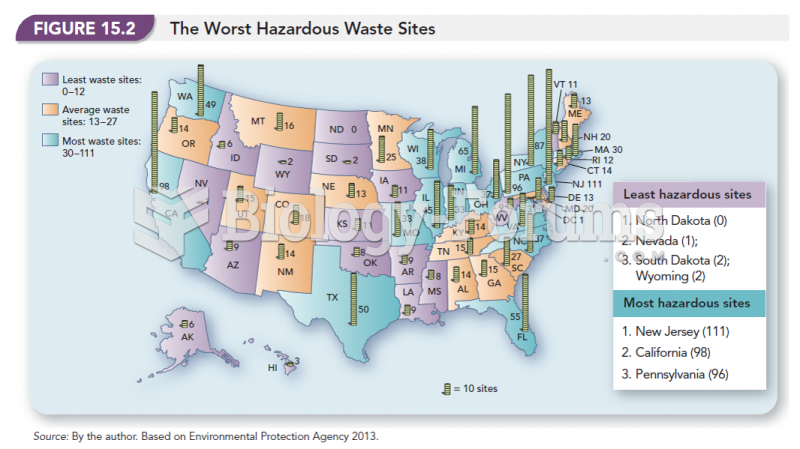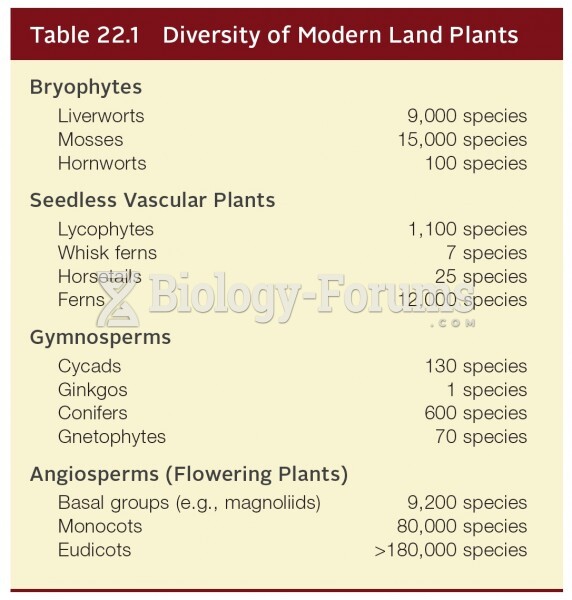Answer to Question 1
The 1976 RCRA and its subsequent amendments are the cornerstone legislation designed to prevent unsafe or illegal disposal of all solid wastes on land. The RCRA has three main features. First, it requires that all disposal facilities, such as landfills, be sanctioned by permits. Second, the RCRA requires that toxic wastes destined for landfills be pretreated to convert them to forms that will not leach. For whatever is still going to disposal facilities, the third major feature of RCRA is to require cradle-to-grave' tracking of all hazardous wastes.
Answer to Question 2
Industrial-style animal farming can affect the environment in a host of non-sustainable ways. Because so much of the plant crop is fed to animals, all the problems of industrialized agriculture apply to animal farming. In addition, rangelands are susceptible to overgrazing, either because of mismanagement of prime grazing land or because the land on which the animals graze is marginal dry grassland, used in that manner because the better lands have been converted to producing crops. Another serious problem is the management of animal manure. Close to 1.3 billion tons of animal waste is produced each year in the United States, some of which leaks into surface waters and contributes to die-offs of fish, contamination with pathogens, and a proliferation of algae. Land in the tropics has been converted to grazing land; much of this land is not suitable for long-term grazing. Climate change is also influenced by cattle production. The digestive process of cows is anaerobic; cows and other ruminant animals annually eliminate some 100 million tons of methane, another greenhouse gas, through belching and flatulence. The anaerobic decomposition of manure leads to an additional 30 million tons of methane per year. All this methane released by livestock makes up about 3 of the gases causing global warming.
Sustainable animal farming is more easily done on small rural farms with pastoral herds, as seen in the developing world. The soil can be enhanced if the animals are well managed. The nutrition of women and small children is especially enhanced.







